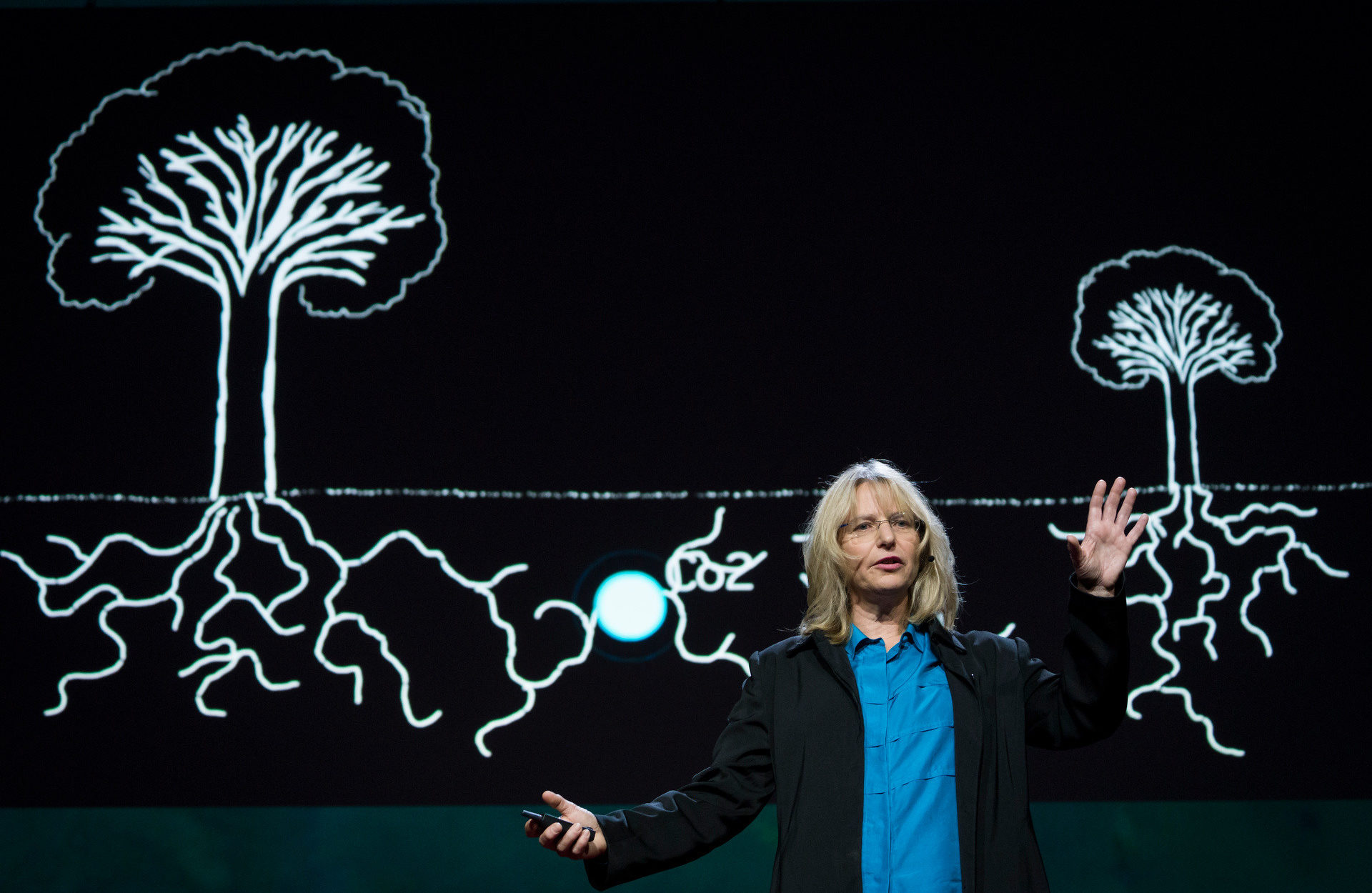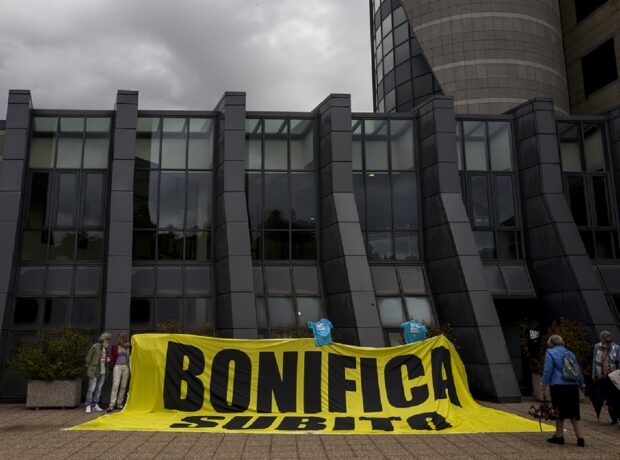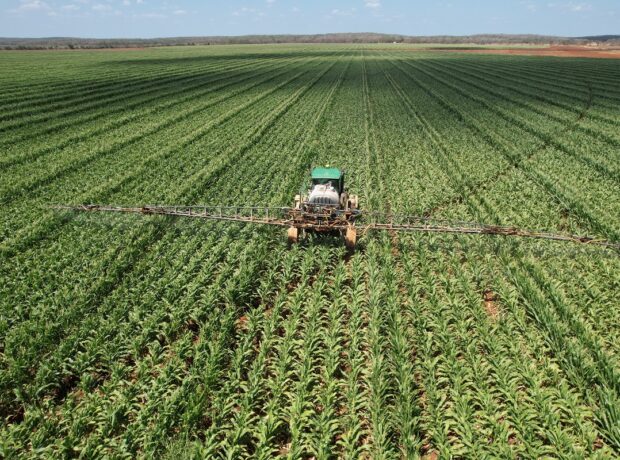As activists, authors, and academics, these seven environmental thinkers are fearlessly fighting climate change in the courts, local governments and the natural world. With their insight and experience, they view the world through a unique lens, forging radical responses to the climate crisis.
Exploring where racism, sexism, indigenous erasure, and fascism intersect with environmentalism, award-winning author Adam Weymouth hosts the environment podcast, Spoken Earth. Adam is writer and adventurer whose first book, Kings of the Yukon – An Alaskan River Journey, won both the Sunday Times Young Writer of the Year Award and the Lonely Planet Adventure Travel Book of the Year. With these conversations, listeners can pause, take a breath and explore scientific and philosophical ideas with some of the world’s most interesting environmental thinkers.
Anna Lowenhaupt Tsing
In her book The Mushroom at the End of the World, Professor Anna Lowenhaupt Tsing explores how mushrooms can help us to see ourselves in another light. A professor of Anthropology at the University of California, Santa Cruz, Tsing’s book takes as its subject the matsutake mushroom, a luxury product traded for vast sums in Japan, but one that refuses to be cultivated. It thrives best where old growth forest has been logged, and Tsing explores these landscapes, in particular in the Pacific Northwest.
Here, she discovers various migrants and others characters making a living from the crop in these ruined landscapes, and the sprawling networks of global supply chains that refuse to be standardised. By examining the webs that hold all these different elements in place, she suggests a new way to conceive of nature. Not as something external, on a one way trajectory towards decay, but as a messy network of both ruin and flourishing, with people very much entangled within it.
Suzanne Simard
Suzanne Simard is a forest ecologist who has spent a lifetime uncovering the hidden networks that bind the forest together. She is now a professor in the Department of Forest and Conservation Sciences at the University of British Columbia. After battling for years to have her science recognised, it has begun gathering wide attention, not just in the scientific community, but featuring in Richard Powers’ Pulitzer prize-winning The Overstory and James Cameron’s 2009 blockbuster Avatar. She has recently published her own book, Finding the Mother Tree, both a biography and a scientific journey of discovery. It unearths a story of community within our forests, and of how ecosystems do not only compete, but also yearn to cooperate.
Hugh Brody
In this interview, British anthropologist Hugh Brody discusses land rights, his time in the Arctic, and the hunter-gatherer view of the world. Brody demonstrates how what we believe to be universal truths in fact pertain only to the farmers’ way of conceiving of the world. The indigenous viewpoint is radically different, and one which could teach us much about our own. Yet these ways of life are being eradicated at an ever-increasing rate, and now cling on to only the most inhospitable corners of our planet. Brody has made much of his life in these places, and the insights that he has brought back from them are essential.
Dr Beverly Wright
Dr Beverly Wright is an environmental justice scholar, advocate, author, activist, civic leader and professor of Sociology. For decades she has led the battle for environmental justice in the United States, and in 1992 she founded the Deep South Centre for Environmental Justice in Louisiana, the first environmental justice centre in the US. In this interview, Dr Wright discusses her long battle to expose the racism inherent in the destruction of the environment, and how that battle remains as critical as ever in the face of the pandemic and the recent exposure of police brutality in the US.
Alastair McIntosh
Alastair McIntosh is a Scottish writer, academic and activist. He is the author of several books, including Poacher’s Pilgrimage, Hell and High Water, and most famously, Soil and Soul: People Versus Corporate Power. McIntosh works in the discipline of human ecology, which explores the tangled web of connections between “the natural environment and the social environment,” bringing politics, economics, sociology and more within the realm of a more traditional ecology.
In particular, McIntosh, who is a practising Quaker, is interested in extending the discipline to encompass both psychology and spirituality. All of his work, whether through his activism, his teaching, his speaking or his writing, is focused on opening us up to that multidisciplinary approach. He pays particular attention to the restoration and rekindling of community, and says that more than anything, what the world needs today is a deepening of spiritual vision.
Jojo Mehta
Jojo Mehta co-founded Stop Ecocide in 2017, along with the barrister Polly Higgins. Higgins had dedicated her life to criminalising ecocide since 2005 when, in a moment that she describes as having changed her life, she realised that “the earth was in need of a good lawyer.” Since then her life’s work became geared towards establishing ecocide at the International Criminal Court, as the fifth of the crimes of gravest concern to humanity, alongside war crimes, genocide, crimes against humanity and crimes of aggression. What once seemed a radical, impossible dream is now edging closer to reality.
Professor Peter Staudenmaier
Professor Peter Staudenmaier is a professor of modern German history at Marquette University in Milwaukee, Wisconsin, and his work focuses on Nazism and Fascism, the history of racial thought, and the political history of environmentalism. Staudenmaier has been an active participant in the anarchist movement, the green movement, and the cooperative movement in the United States and Germany for over two decades. In 1995, he co-authored the book Ecofascism: Lessons from the German Experience, a work that grew out of what he saw as a lack of awareness of the history of environmentalism amongst his fellow activists. In it, he documented how Nazism frequently intersected with ecological thought in everything from organic farming through to the mantra of ‘Blood and Soil’. But far from being confined to history, the resurgent far-right is again adopting its own creed of environmentalism, and some of it is bleeding over into more mainstream views. In this interview, Prof Staudenmaier discusses the history and these new worrying trends.



